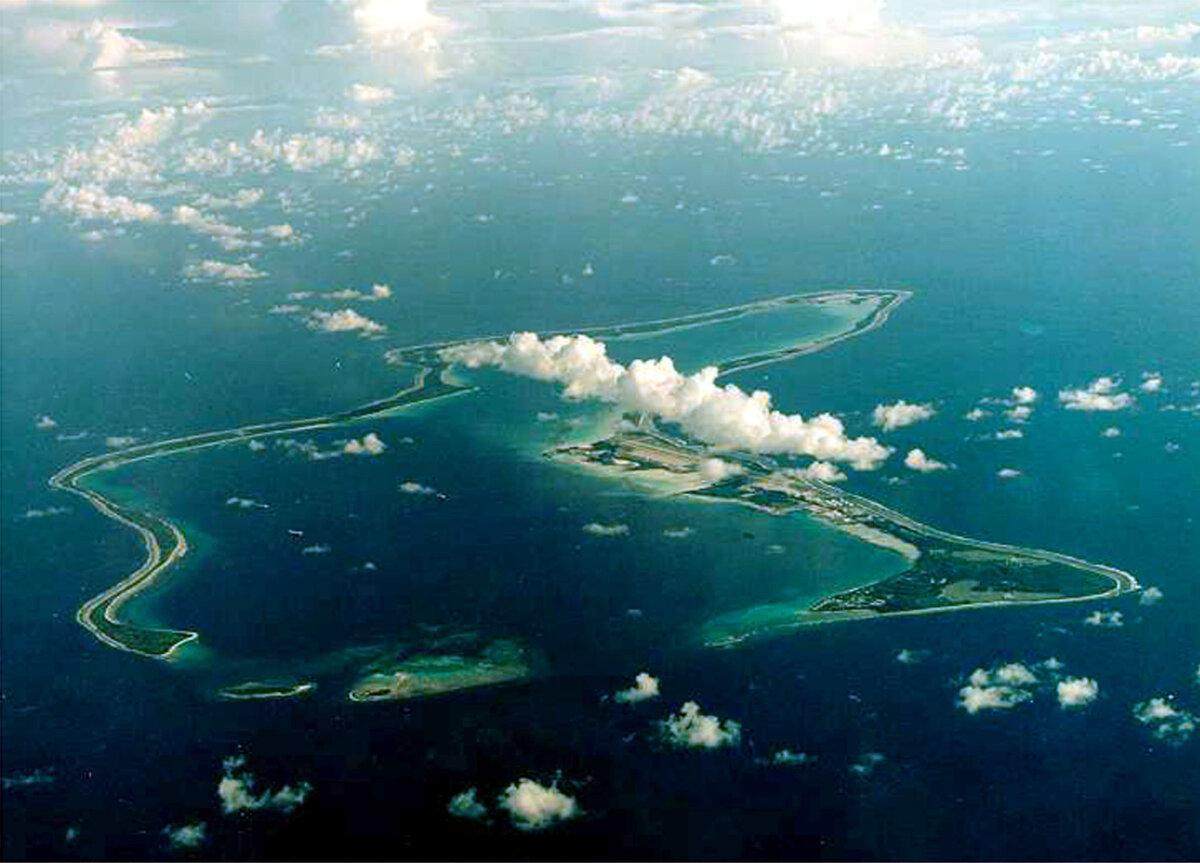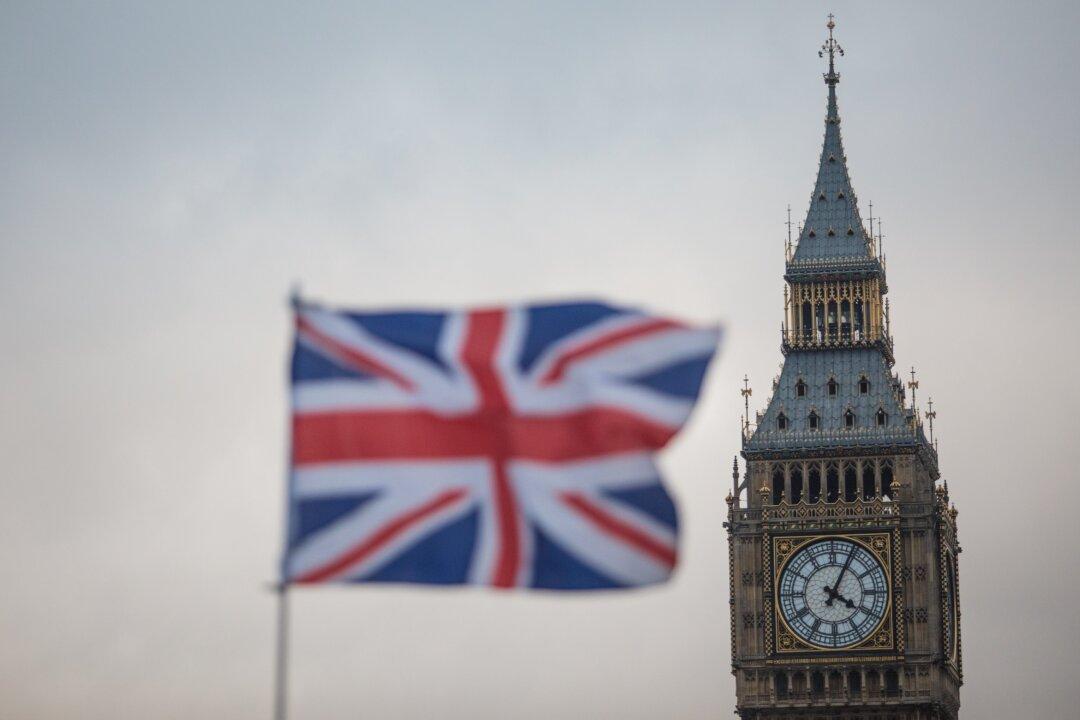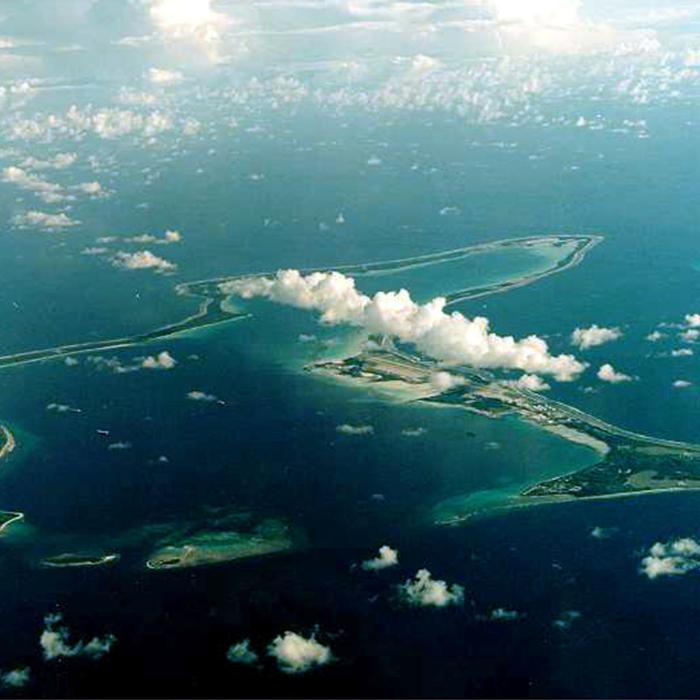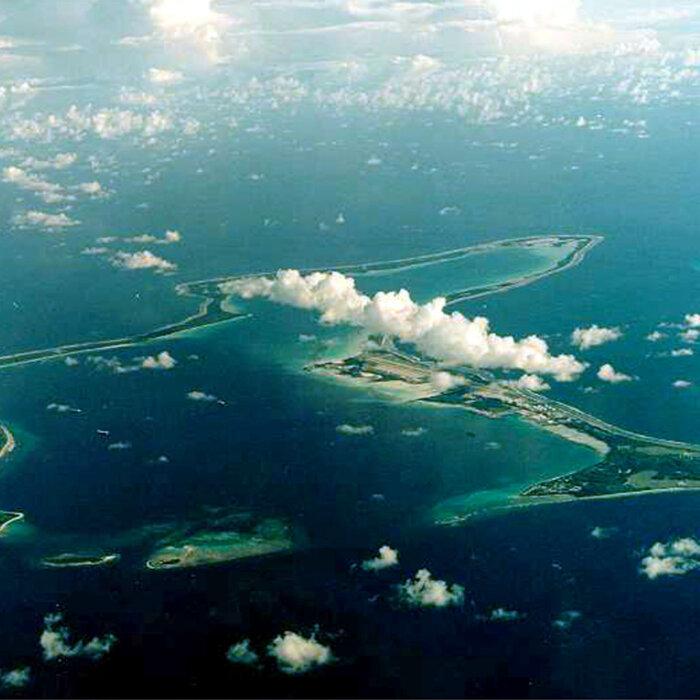The UK’s agreement to hand over the Chagos Islands to Mauritius has raised concerns among analysts and politicians about its potential implications for other territorial disputes, including the Falklands and Gibraltar.
The Chagos Islands, a small archipelago in the Indian Ocean also known as the British Indian Ocean Territory (BIOT), is set to be handed over to Mauritius, after years of negotiations.
Hillary Briffa, assistant director of the Centre for Defence Studies at King’s College London, acknowledged Britain’s success in securing a 99-year lease on the Diego Garcia base but cautioned that the Chagos deal could trigger international calls for decolonisation and debate over the precedent it establishes.
This includes implications for UK allies, from France to Australia, she added.
Falklands and Gibraltar Under Scrutiny
The UK defends its sovereignty over the Falklands and Gibraltar through self-determination.Similarly, Spain continues to dispute Gibraltar’s status, though its residents have repeatedly voted to stay under UK control.
In October, the then Foreign Minister of Argentina, Diana Mondino, welcomed the Chagos Islands agreement and said it was a “step in the right direction and the end to outdated practices.”
“Surrendering the Chagos for fear of a potential international judgement will only encourage Spain to build up international support for its claim. That just means open season for any of these potential claims to be advanced,” he said.
Similarly, Lammy added, the Governor of the Falklands Alison Blake confirmed that the historic contexts of the Chagos Archipelago and Falklands are “very different.”
The chair of the Falkland Islands Association, Russell La Forte, told The Epoch Times that the circumstances that pertain to the Chagos Islands are not comparable to the Falklands.
“There is no doubt over the UK’s sovereignty of the Falkland Islands, subject only to the principle and inalienable right of self-determination for all Falkland Islanders, as enshrined in Article 1 of the U.N. Charter.
“We welcome the statements of both the foreign minister and prime minister on Oct. 7 and 9 respectively, that reaffirm the UK government’s unwavering commitment to British sovereignty of the Falkland Islands, in accordance with the wishes of the people who live there,” he said.

Self-Determination
The Chagos Archipelago was once home to 2,000 Ilois workers, expelled in the 1960s to Mauritius and the Seychelles.In 2019, the ICJ ruled the UK’s claim to the islands unlawful and called for their return to Mauritius, highlighting the UK’s colonial legacy.
The decision followed a U.N. referral initiated by Mauritius in 2017, marking a diplomatic setback for the UK amid Brexit tensions.
While the legal circumstances differ—for example, the Falklands’ claim hinges on issues of settlement and self-determination, whereas Chagos involves the unlawful detachment of land—the broader principle of resolving territorial disputes through international consensus could gain traction.
Carl Patrick Stephen Hunter from the Council on Geostrategy noted that while self-determination is a guiding principle in British policy, it was “not applied” in the British Indian Ocean Territory settlement.
“It would mean far more to the islanders, given their unfortunate expulsions, if it were today,” he said, adding that the inconsistency could undermine the UK’s position in defending self-determination in other territories.
However, analysts have raised concerns about Mauritius gaining sovereignty over the Chagos Islands, pointing to its poor treatment of the displaced Chagossians.
David Blagden, associate professor of International Security and Strategy at the University of Exeter, said that Britain’s “heinous” treatment of the Chagossian people doesn’t mean that Mauritius “which illiberally [sic] outlawed dissent over their status,” should be granted sovereignty instead.
US, China, and Strategic Risks
Labour has confirmed that Donald Trump’s administration will be consulted before the deal, which is not expected to be signed before Monday, is finalised.Puri noted concerns that China could use the decision as an opportunity to develop commercial ports in the region and compete with India for economic and strategic influence. However, he added, this is a long-term issue to monitor, independent of the UK’s decision on Chagos.
Euan Graham, senior analyst at the Australian Strategic Policy Institute, has suggested that finalising the deal quickly could help the UK minimise political risks.
“The BIOT has unfortunately become a net liability to the UK, and the dispute with Mauritius, an irksome distraction from the positive Indo-Pacific partnerships which the UK has established,” he said.
Sam Goodman from the China Strategic Risks Institute said Beijing likely views the deal as proof of the UK’s decline as a “middle power,” with little influence in the Indo-Pacific and heavily reliant on US policies, especially through the Diego Garcia base.
“What remains to be seen is how this decision fits with the illusive vision of what the UK’s purpose should be in an increasingly geopolitically unstable world,” he added.
A Mauritius delegation is expected to continue negotiations after the Mauritian Cabinet withheld approval of the agreement.
Once finalised, the handover will mark the first time the UK has ceded territory since Hong Kong in 1997.







